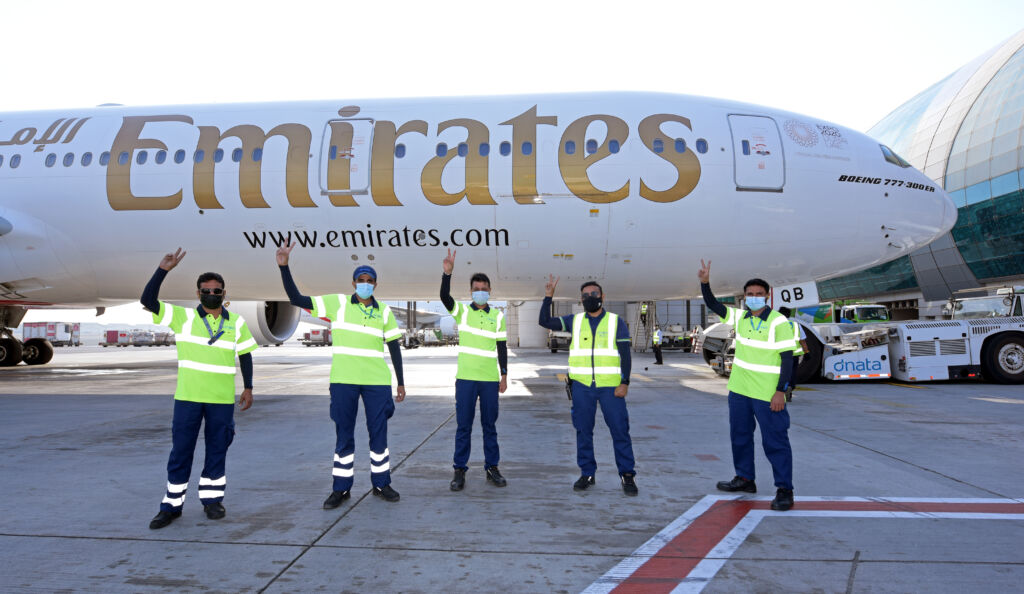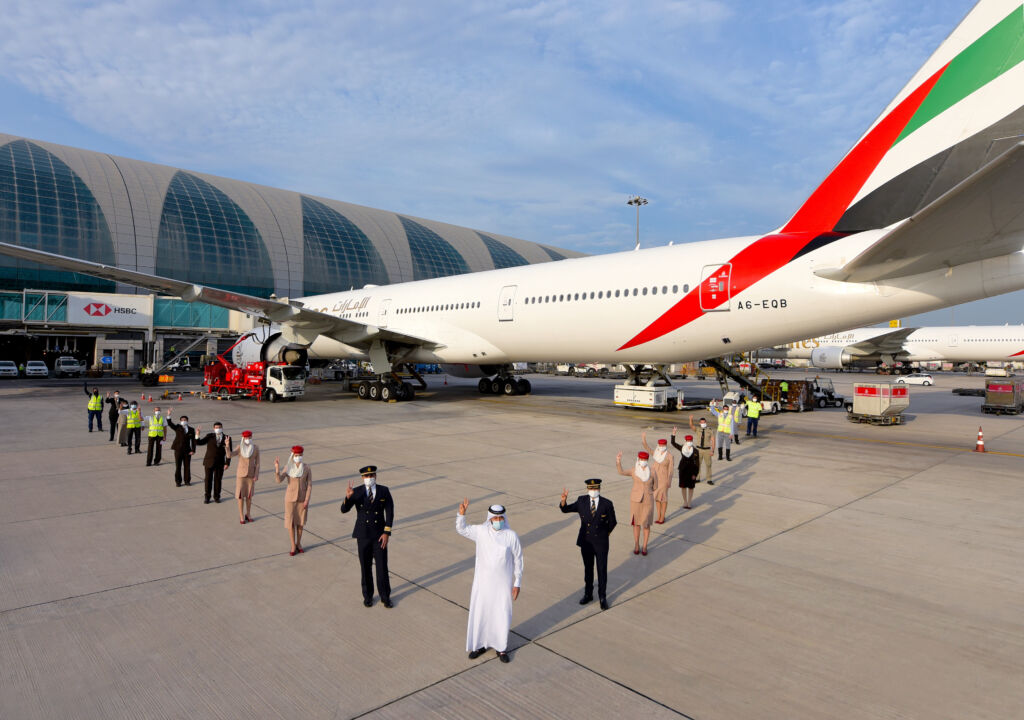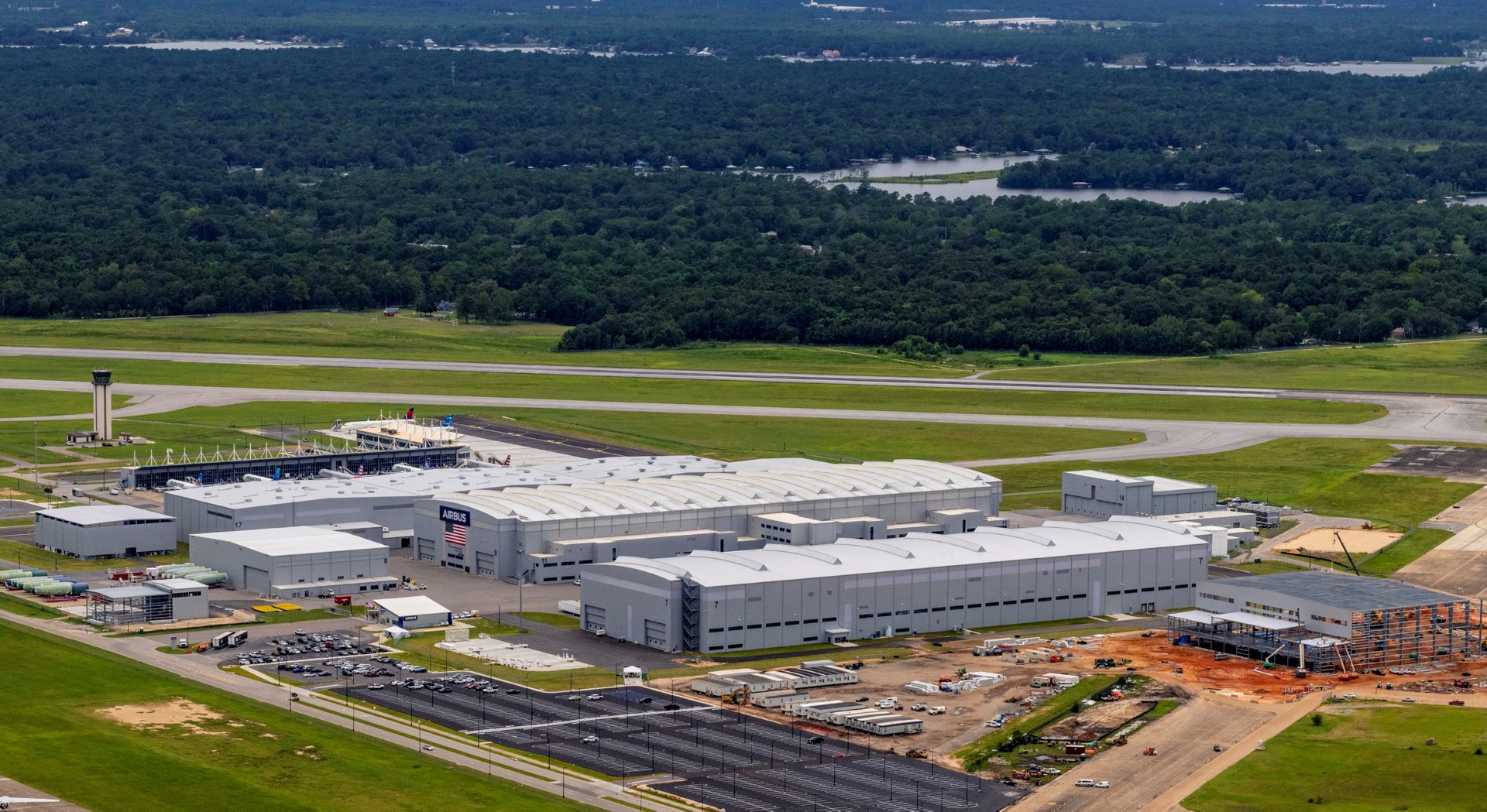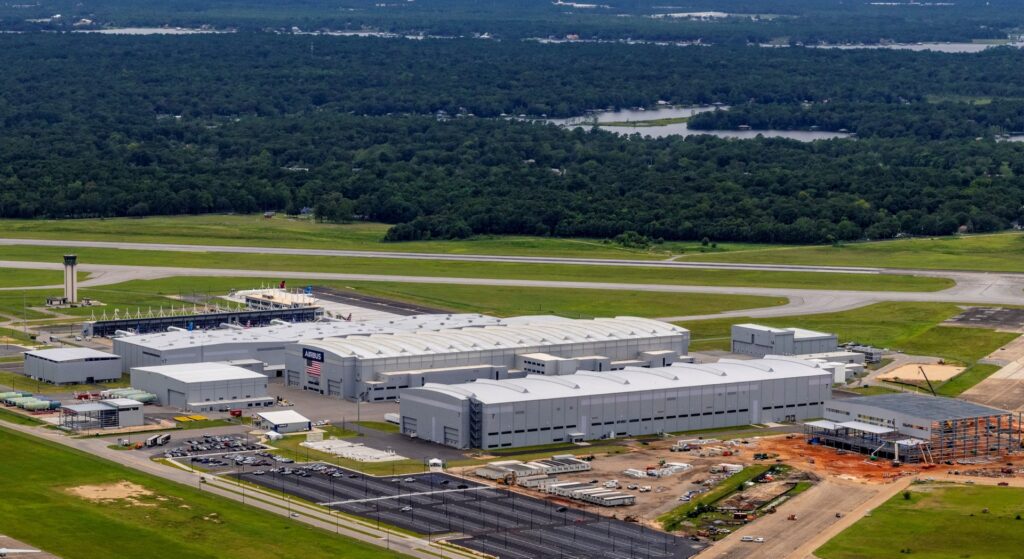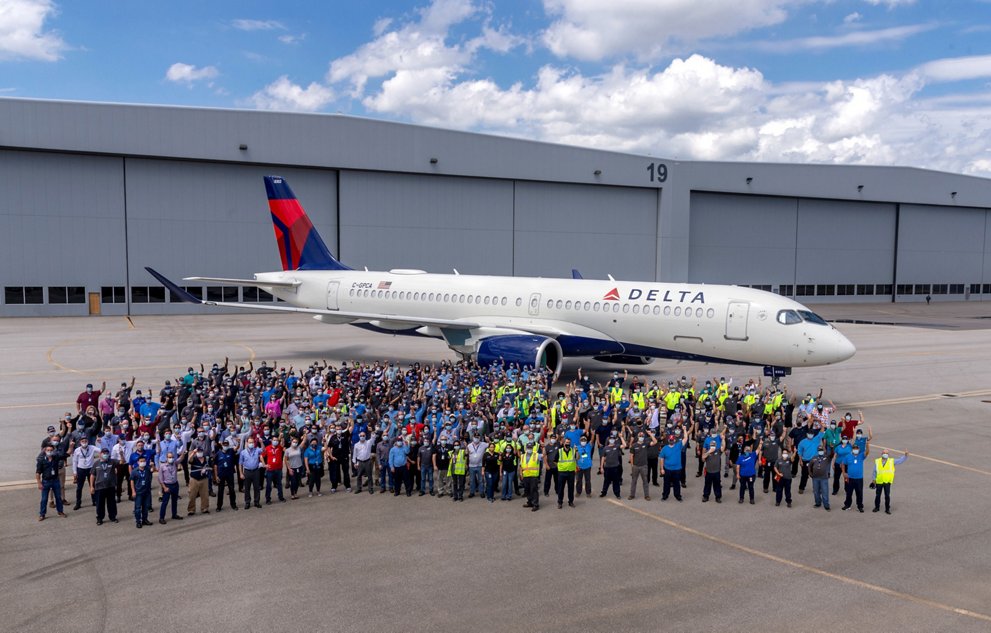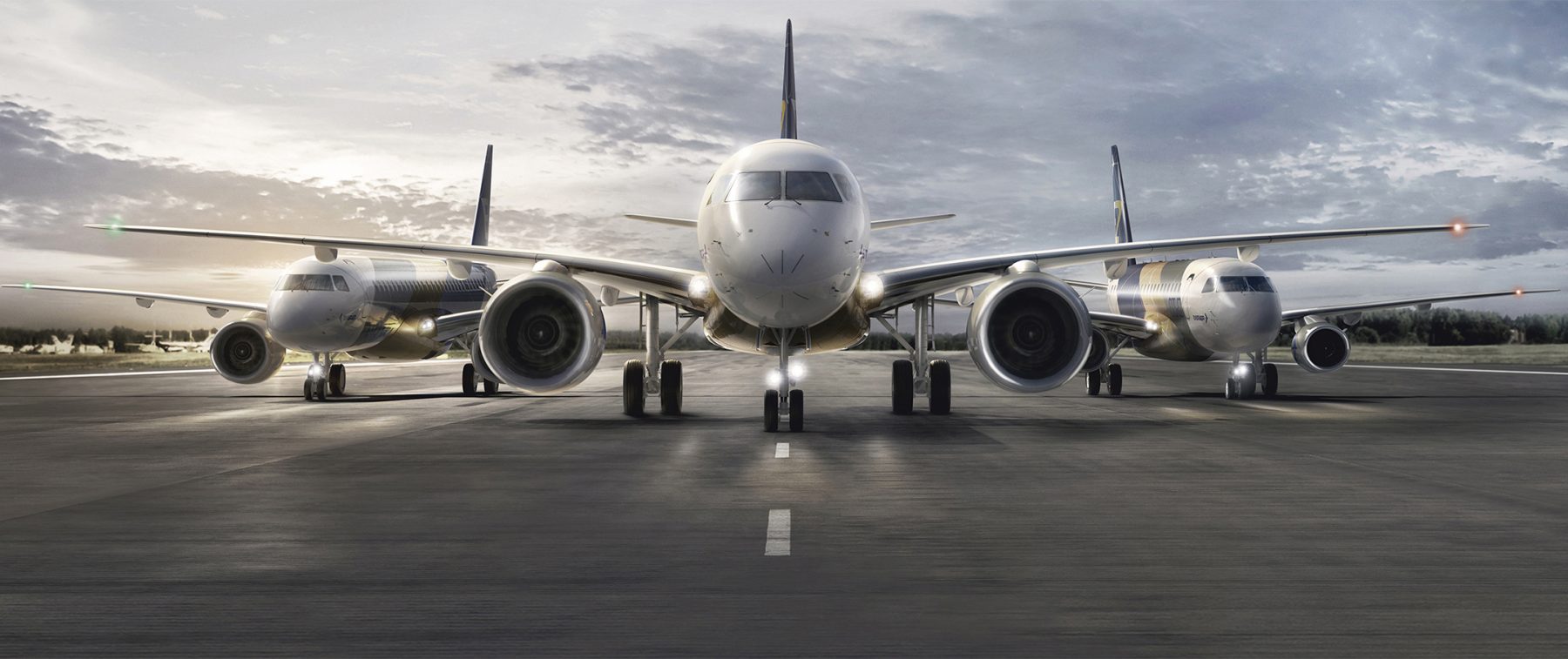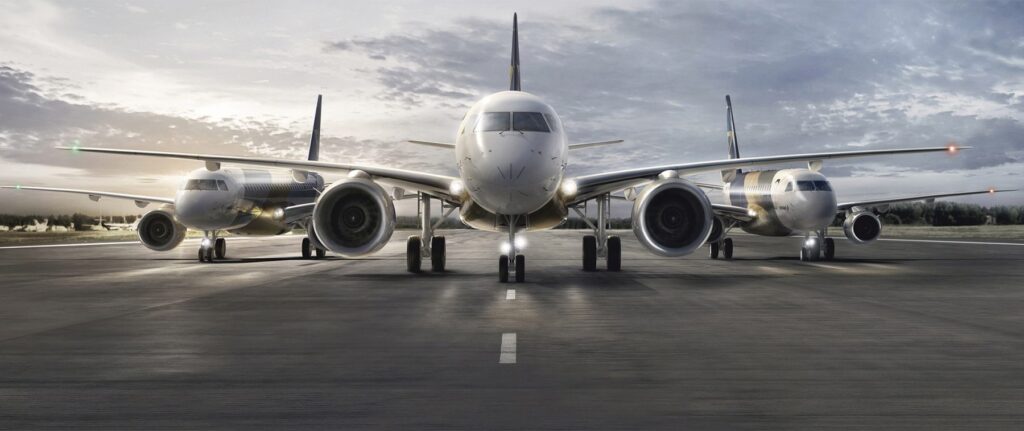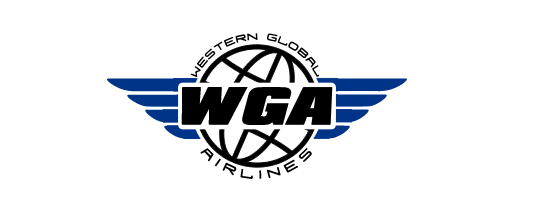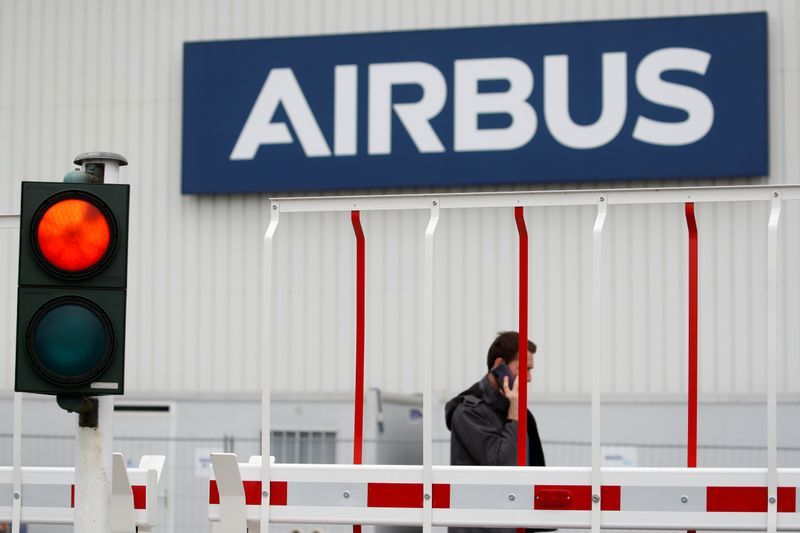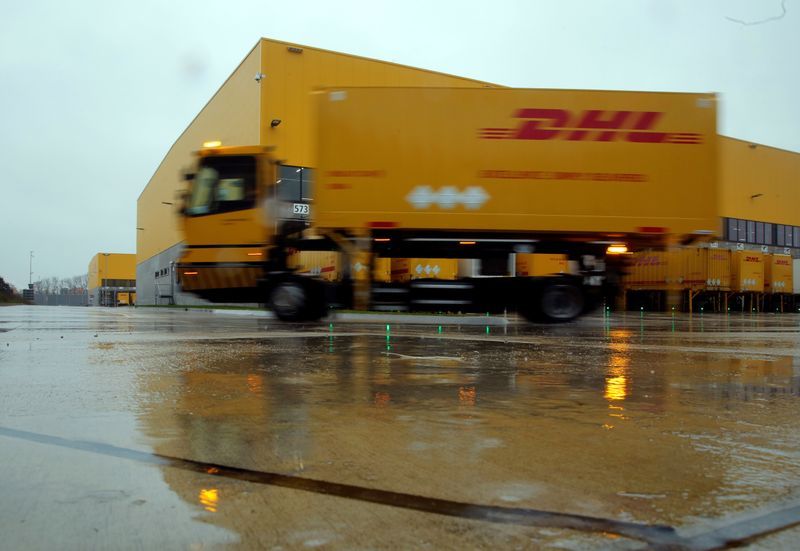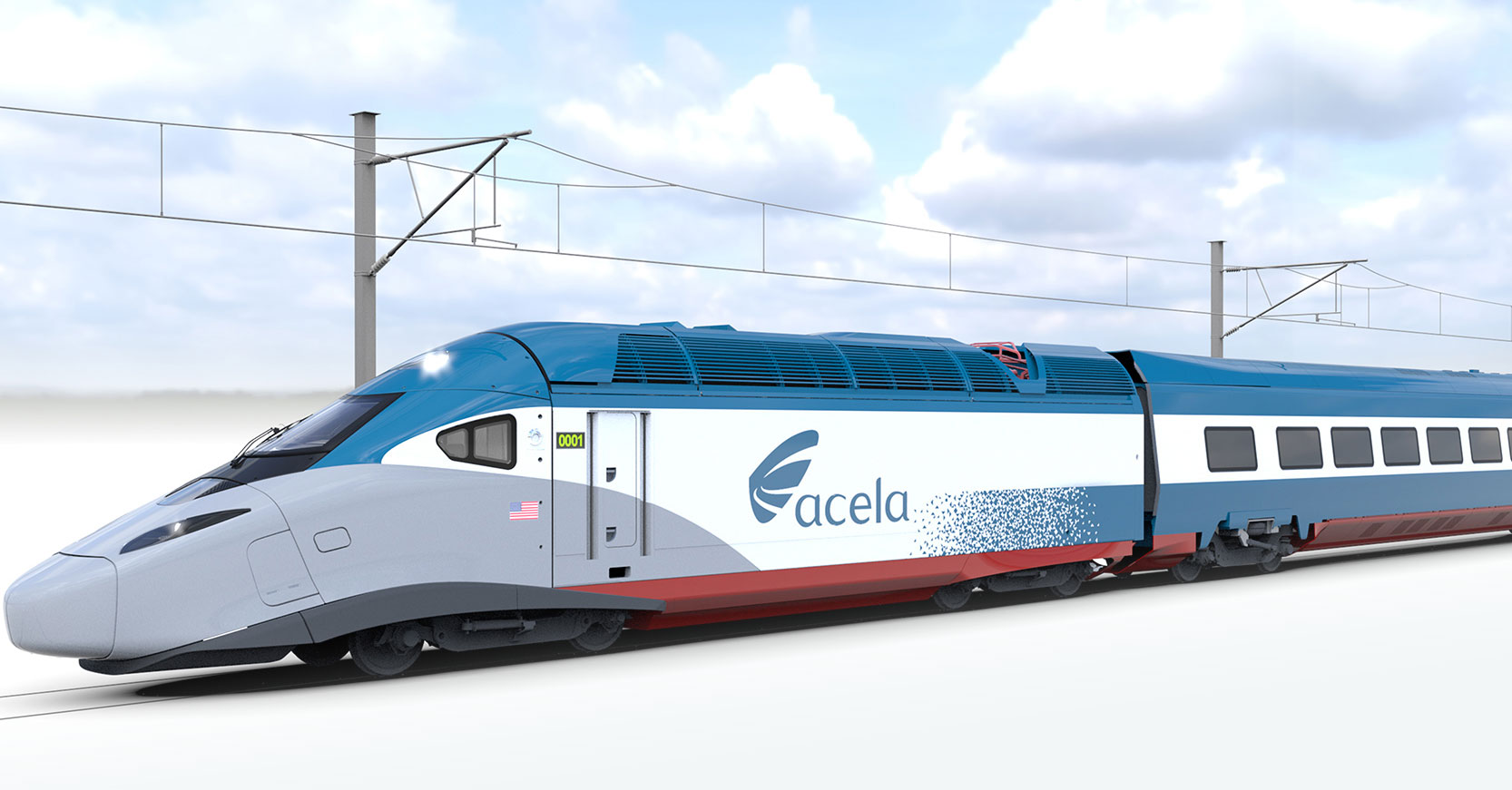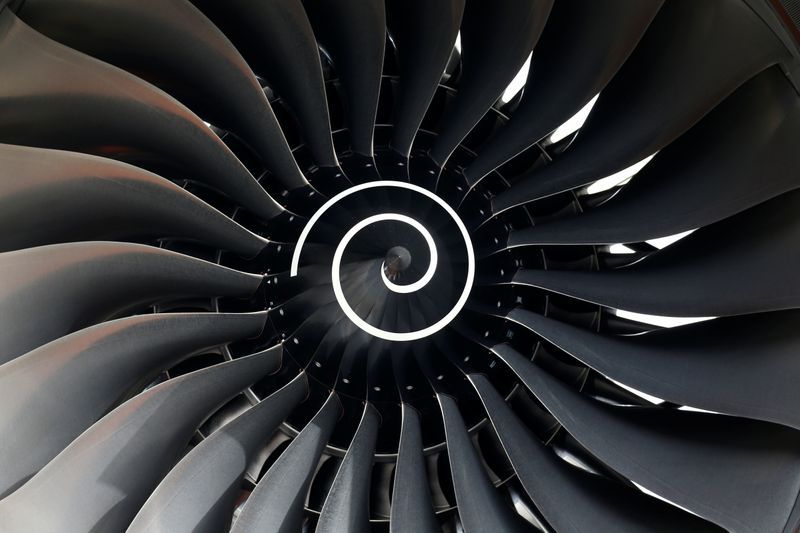DUBAI, UAE 21 February 2021: Honouring its commitment to the health and safety of its employees and customers, Emirates today has become among the first airlines in the world to operate a flight with fully vaccinated frontline teams servicing customers at every touchpoint of the travel journey.
This morning, the full airport and onboard customer experience for flight EK215, which departed Dubai at 0830hrs for Los Angeles, was safely supported by check-in, security, Business and First Class lounge and boarding gate employees, as well as engineers, pilots and cabin crew who made the choice to be fully vaccinated.
Also supporting the flight’s operations were fully vaccinated aircraft appearance, loading and special handling teams from dnata, as well as SkyCargo teams working on the cargo and logistics requirements for EK215.
The Emirates Group rolled out its vaccination drive at pace just over a month ago, and since then, close to 26,000, or 44%, of the Group’s UAE frontline aviation workforce have received both doses of either the Pfizer-BioNTech or Sinopharm vaccines.
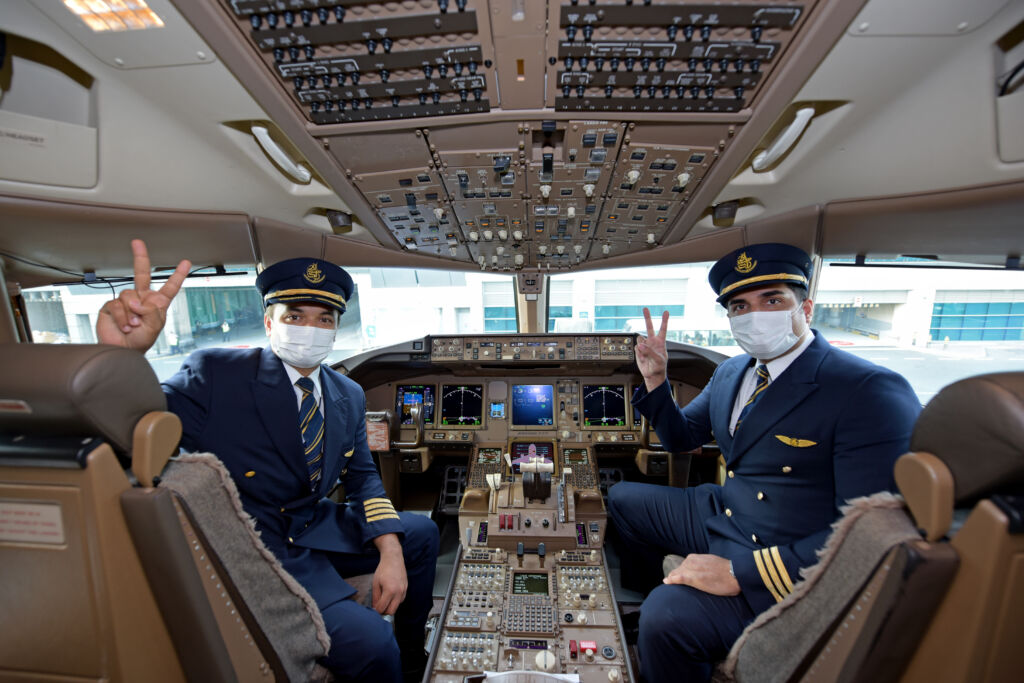
Nearly 5,000 Cabin and Flight Deck Crew have opted to receive both doses of the Covid-19 vaccine. In addition, thousands more Emirates Group employees in other roles have taken their COVID-19 vaccine through the company’s clinics and vaccination centres, while others have opted to take their vaccine at one of the many vaccination centres across the UAE.
The Emirates Group vaccination programme is the latest in its series of safeguards and protections to deliver on its health and safety promises to its customers, employees and the communities it serves around the world. The Group’s vaccination centres have been running 12 hours a day, every day of the week to prioritise and provide aviation frontliners with the vaccine.
The UAE currently has one of the world’s highest rate of vaccinations for its citizens and residents as it fights to curb the spread of Covid-19. So far, the UAE has administered over 5.4 million doses of the Covid-19 vaccine, and Our World In Data, a research website based at Oxford University, recently reported that the country’s distribution rate stands at 55.27 doses per 100 people, ranking it the second highest in the world.
